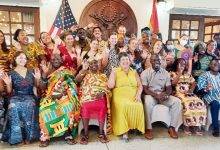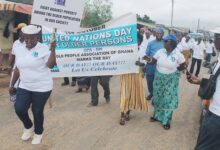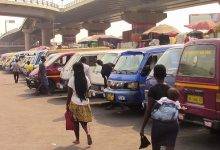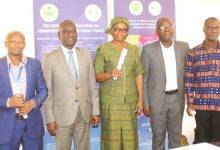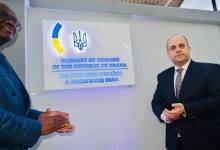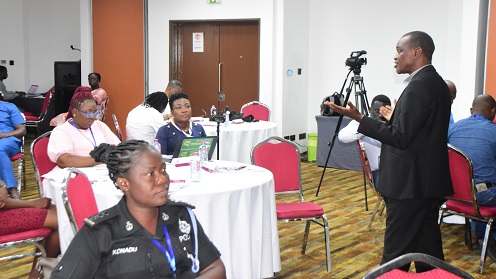
Mr Daniel Wuaku, Director, Planning and Programme, NRSA yesterday at a technical workshop on strategic communication for road safety, also attributed the menace to indiscipline among road users, delayed response to address road safety issues among policy makers and implementers.
Mr Wuaku said speeding excessively, overtaking wrongly, driving on alcohol and drugs, tired driving, inattentiveness and distraction were main contributory factors to road crashes.
He said the NRSA was mandated to develop and promote road safety in the country, coordinate and regulate activities, procedures and standards relating to road safety, adding that the authority would do its best but road users should also do their part in fighting road carnages.
According to Mr Wuaku there was the need for road users and drivers to observe traffic rules and regulations, as part of efforts to reduce road accidents, “if you have good roads and you do not change your attitude, you will still experience road crashes, therefore we must change our attitude,” he said.
With road safety management, he said there should be a study into speeding to serve as a baseline for speed management and annual supply of speed guns to the Motor Traffic and Transport Directorate (MTTD) of the Ghana Police Service (GPS) for enforcement of laws relating to speeding.
Mr Wuaku said some of the enforcement activities within the NRSA to curb speeding included introduction of the use of vehicle log books targeted at transport operators to help enforce the protocols on maximum driving hours and high speeds in accordance with Regulation 135 of L.1 2180 (2012).
“There is an on-going dialogue on the introduction of speed limiters in commercial passenger vehicles in accordance with Regulation 135 of L.I 2180 (2012),” he said.
He said 2019 research finding on speeding indicated that 66.7 per cent of motorists in the regional capitals travelled above the posted speed limit, however, in Kumasi Metropolis it recorded 29 per cent and 40 per cent in Wa municipality.
In Accra, Mr Wuaku said 88 per cent of all motorists were travelling above the posted speed limit for urban environment while on Village and Urban National highways about 80 per cent of all motorists travel above 50 km/h speed limit.
“Travel speeds have a major effect on the probability of RTC and severity of injuries. The law of physics makes it clear that crash severity increases geometrically as speed increases,” he added.
He stated that, a reduction of an average speed of 5km/h could result in 18 per cent reduction in the number of RTC involving fatalities.
BY AGNES OPOKU SARPONG

